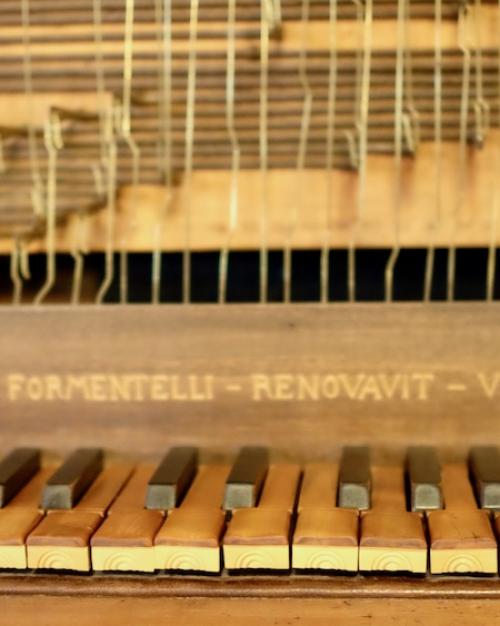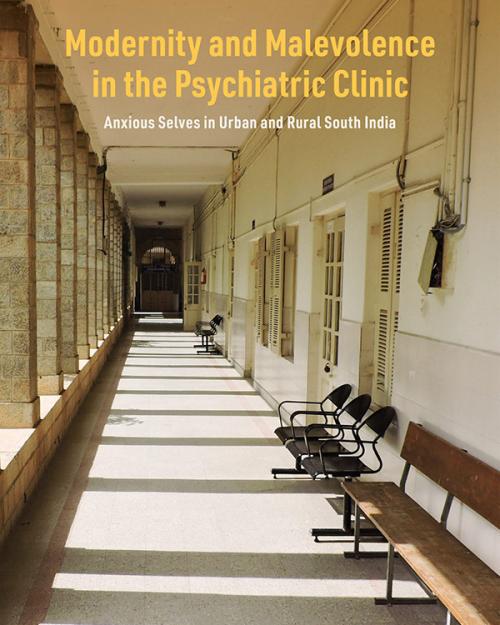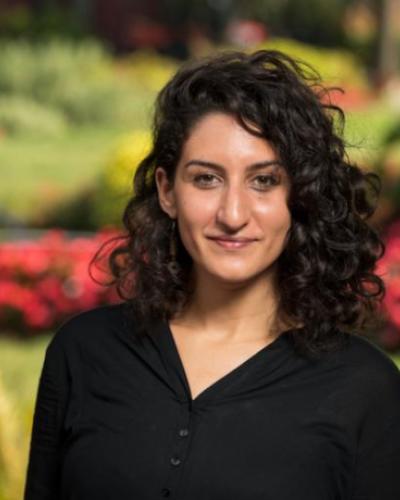What does it mean to think with genetic medicine? Since the early 2010s, Pan-African research initiatives have ushered in a so-called “genetic revolution” in Africa, and made Tanzania a hub for sickle cell disease research and care on the continent. Sickle cell disease is an inherited blood disease, especially common in Africa and across the African Diaspora, with a history intimately tied to 20th century racialization and colonization. As it increasingly becomes an emergent global health priority, my research takes up sickle cell disease as a lens to examine the embodied experiences and political stakes of genetic medicine in 21st century Africa. I ask: what are the relations of race, kin, and nation that become flesh through sickle cell disease inheritance in Tanzania?
Over two years from March 2018 to March 2020, I conducted multi-sited participant observation at regional hospitals across Tanzania, and life history interviews with medical practitioners and diagnosed families. I also worked with artists, inheritance lawyers, and religious leaders to think together about what is made, and what is left out, through a geneticization of lineage. From the young people whose reproductive futures are being reimagined as a risk to the future of the Tanzanian nation, to the Zanzibari doctor whose granddaughter’s pain crises bring back memories of her Omani-descended grandfather, my ethnography foregrounds the temporalized bodies of sickle cell disease patients in Tanzania at the nexus of biomedical reproduction, racialized bodily difference, and the struggle for post-colonial sovereignty.
My dissertation, “Fierce Blood and Gentle Genes: Sickled Cells and the Making of Intergenerational Bodies in Tanzania,” questions what happens when African biomedicine shifts the temporality of its focus from the short-term immediacy of communicable disease care toward the intergenerational scope of a genetically inherited, chronic illness. I argue that a sickle cell diagnosis in Tanzania carries with it notions of “modern” liberal temporalities and the corresponding alignments of self, family, and nation, but also offers possibilities for embodied critique of capitalist expansion and state power. The individuals and families that are struggling to survive this bodily inheritance are also navigating the mundane precarity and uncertainties of life in a nation aspiring for growth. My writing foregrounds the networks of care that flow from generation to generation and come into focus from the vantage point of sickled cells.
The dissertation research has been supported by an array of internal and external funders, including the Social Science Research Council, Fulbright-Hays, the National Science Foundation. During the 2020-2021 academic year, the dissertation writing is supported by a Graduate Fellowship from Mellon Foundation at the Cornell Society for Humanities.
Rebekah Ciribassi is a PhD candidate in the Department at Cornell, currently a Fellow at the Society for Humanities. Her research interests include the politics of biomedical technologies, the embodiment of time, and the intersections of race, gender, and nation with a regional focus on East Africa. In 2014, she received a Masters of Public Health in with a Community Health Science concentration and a Masters of through the joint-degree and Global Health program at the University of Illinois at Chicago. Alongside the dissertation, Rebekah is collaborating with Tanzanian visual artist Nicholas Calvin to create an experimental ethnography exhibition, Mundu, that combines ethnographic insight and immersive, participatory artwork on themes of inheritance, bodies, and mundane life in Tanzanian families. She is similarly interested in other creative, ethnography-adjacent media, especially speculative fiction and poetry.
Newsletter image: A step in the process of testing a blood sample for sickle cell disease using an Hb Electrophoresis machine. Picture taken during a February 2020 training for laboratory technicians learning to test for sickle cell disease at the national hospital in Zanzibar, Tanzania. Photo taken by Rebekah Ciribassi.





